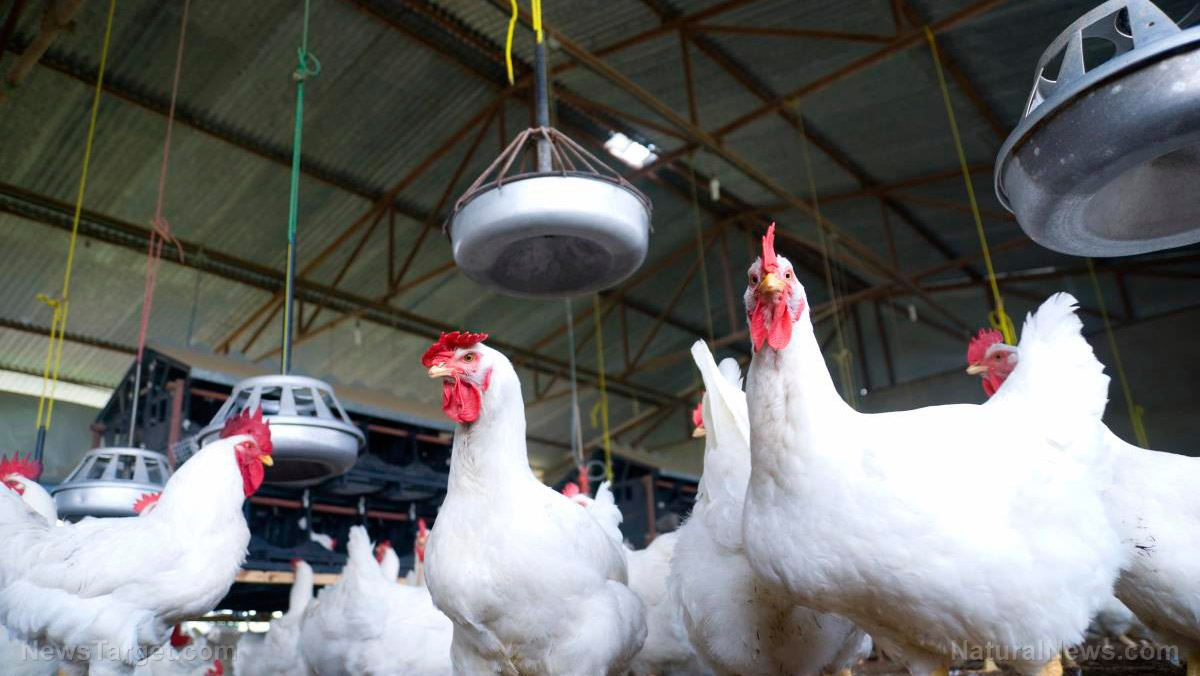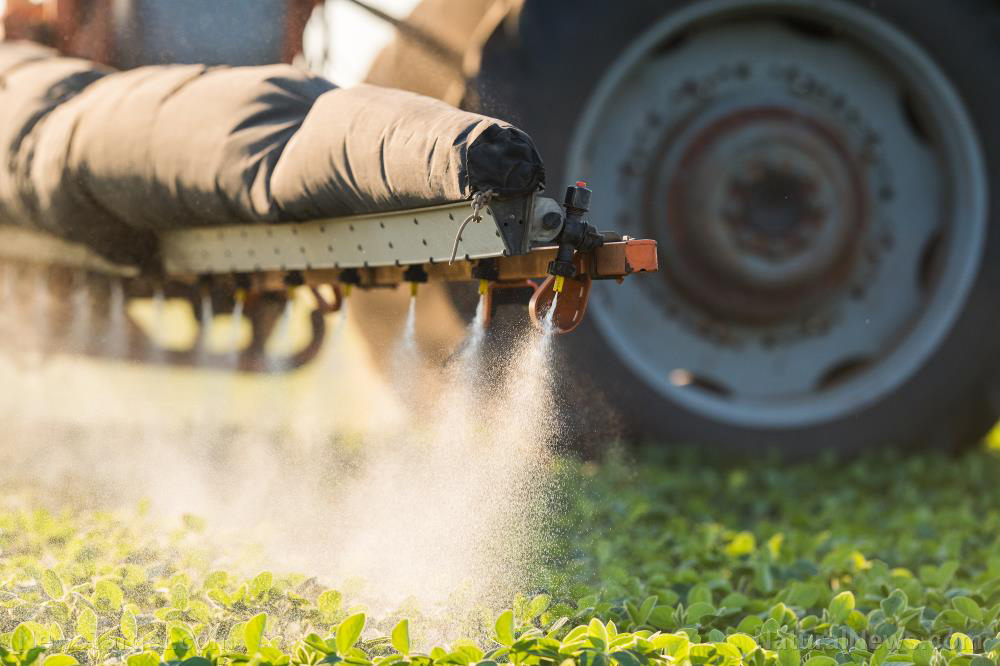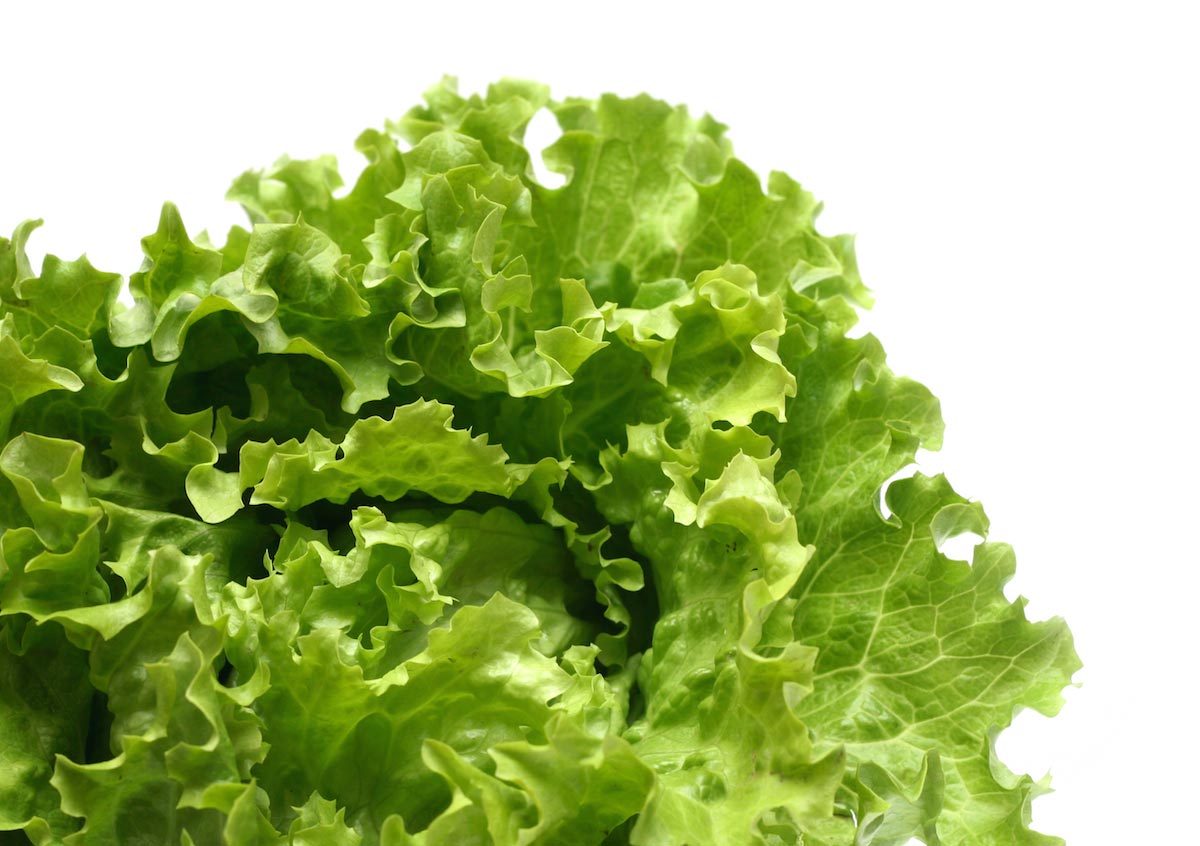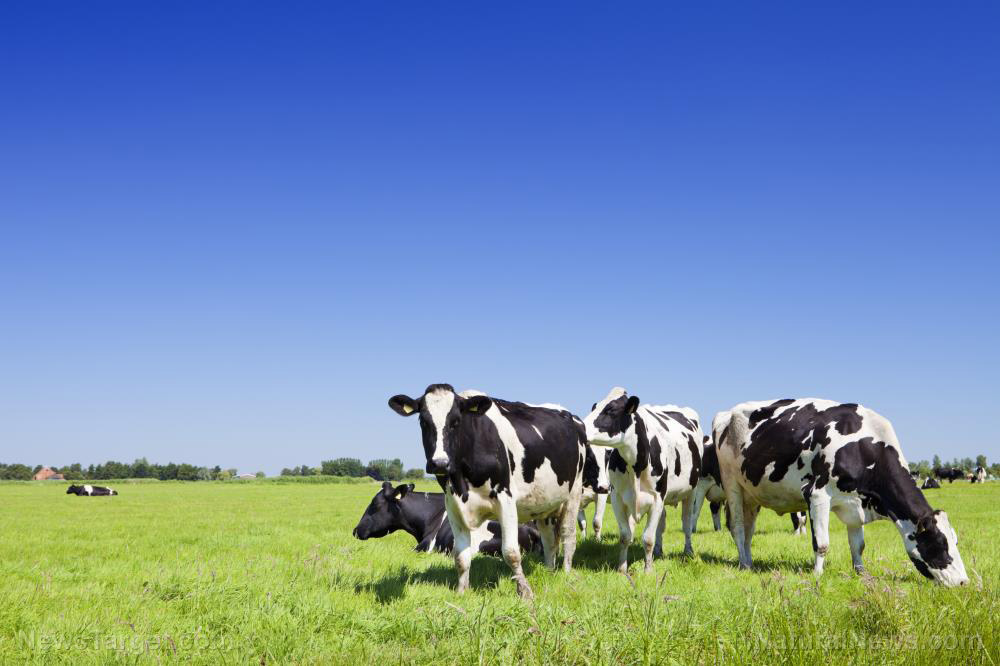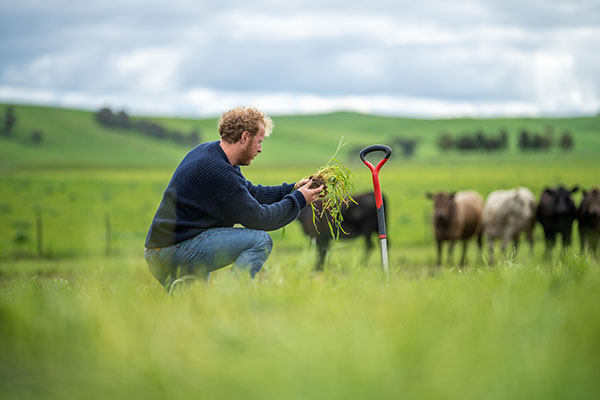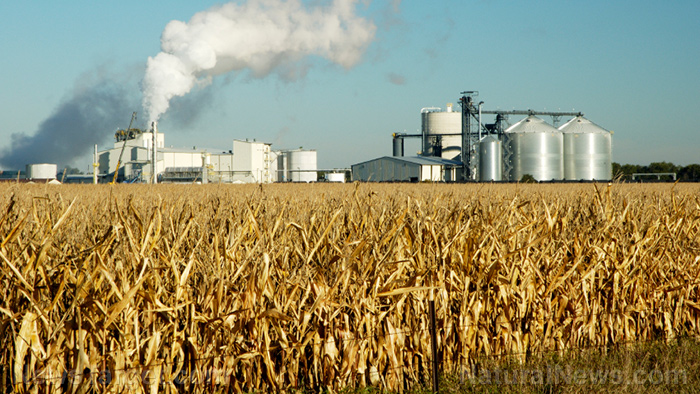Maine announces $65 million relief fund for organic farmers impacted by PFAS pollution
03/19/2024 / By Laura Harris

Maine has announced a plan to create a $65 million relief fund for organic farmers whose livelihood is being devastated by plastic pollution from per- and poly-fluoroalkyl substances (PFAS).
PFAS are common environmental pollutants dubbed “forever chemicals.” These harmful chemicals are used to make different environmental and consumer products like firefighting foams and nonstick products. PFAS has long been a cause for concern due to its widespread presence in soil, water, food and even human blood.
For farming, one main source of PFAS is the use of sewage waste as fertilizer. During wastewater treatment, solids are separated from liquids, and the resulting “biosolids” are sold as fertilizer. These biosolids can contain PFAS, as the chemicals are not effectively removed during the treatment process. The extent of PFAS contamination on farmland in the country remains unknown. However, a 2022 estimate by the Environmental Working Group suggests that almost 20 million acres of American cropland are fertilized with sewage sludge. (Related: PFAS in biosolids fertilizer sparks damages lawsuit.)
Maine, being one of the only two states in the U.S. where PFAS testing is required, has discovered that most of its agricultural lands, even organic farms, suffer from PFAS contamination.
Jun Buckle and Hannah Hamilton, owners of an 18-acre organic vegetable farm in Unity, Maine, were among the first to discover the devastating impact of PFAS on their operations. They started their organic vegetable farm more than a decade ago to meticulously grow healthy produce. But everything turned upside down after their well water, used to wash and irrigate their vegetables, tested positive for PFAS contamination. The contamination has been linked to PFAS-laced sewage sludge used as fertilizer nearby years ago.
The results forced them to temporarily stop farming activities as they grappled with cleanup efforts and protecting their land from future contamination.
Similarly, Katia Holmes and her husband faced a crisis at their 700-acre Misty Brook Farm in Albion, Maine, in 2023. PFAS tests on their cows’ milk and hay revealed high PFAS levels. The tests reveal that 20 years ago, the previous owner of their land had spread sewer sludge on certain fields, which, in turn, left PFAS in the soil. The Holmes,’ like the Buckles, had to cease milk production and undergo a lengthy process to mitigate PFAS contamination on their farm.
To date, Maine has already found PFAS chemicals on at least 73 farms and still plans to investigate hundreds more sites.
Maine’s PFAS fund to expand support for affected farmers
In response to the debilitating situation, the government of Maine has allocated $65 million to go toward a PFAS fund. Of the $65 million, $60 million will come from the state and $5 million from the U.S. Department of Agriculture.
The fund will allow the state to greatly expand the support it already offers farmers, providing farmers who have lost revenues due to PFAS pollution an additional 12 months of lost income for a total of two years worth of support.
The fund will also contribute towards research to help farmers make informed decisions and give struggling farmers the option to sell their PFAS-contaminated land to the state “at fair market value, as if there was no contamination,” said Beth Valentine, director of the PFAS fund, during a hearing with the Maine Legislature.
The fund is expected to keep evolving through the years. One proposal that is yet to be implemented is for the fund to support medical monitoring efforts for impacted farmers.
“It is important that farmers are not held responsible for the presence of PFAS chemicals, which they did not produce or intentionally use,” said Courtney Briggs, senior director of government affairs at the American Farm Bureau Federation.
Watch this video about forever chemicals being detected in the water systems of nearly 2,800 U.S. cities.
This video is from The Sword & Shield channel on Brighteon.com.
More related stories:
Lawsuit accuses Synagro of poisoning farms with PFAS-contaminated BIOSOLIDS “fertilizer.”
EPA monitoring a new class of toxic PFAS in municipal water supplies – GenX chemicals.
Sources include:
Submit a correction >>
Tagged Under:
chemicals, clean food watch, crops, deception, disease causes, food, food supply, forever chemicals, government, Maine, microplastics, PFAS, toxins
This article may contain statements that reflect the opinion of the author
RECENT NEWS & ARTICLES
WorldAgriculture.News is a fact-based public education website published by WorldAgriculture News Features, LLC.
All content copyright © 2022 by WorldAgriculture News Features, LLC.
Contact Us with Tips or Corrections
All trademarks, registered trademarks and servicemarks mentioned on this site are the property of their respective owners.





